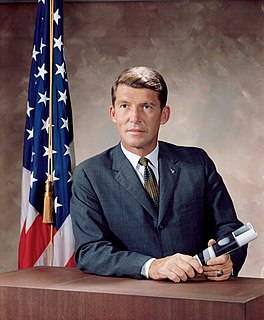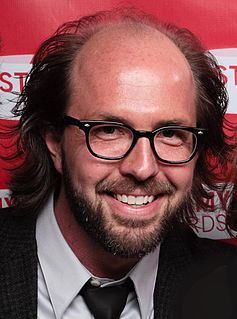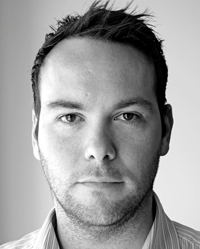A Quote by H. L. Mencken
What are the hallmarks of a competent writer of fiction? The first, it seems to me, is that he should be immensely interested in human beings, and have an eye sharp enough to see into them, and a hand clever enough to draw them as they are. The second is that he should be able to set them in imaginary situations which display the contents of their psyches effectively, and so carry his reader swiftly and pleasantly from point to point of what is called a good story.
Related Quotes
As I see it, a successful story of any kind should be almost like hypnosis: You fascinate the reader with your first sentence, draw them in further with your second sentence and have them in a mild trance by the third. Then, being careful not to wake them, you carry them away up the back alley of your narrative and when they are hopelessly lost within the story, having surrendered themselves to it, you do them terrible violence with a softball bag and then lead them whimpering to the exit on the last page. Believe me, they'll thank you for it.
If one in twenty does not seem high enough odds, we may, if we prefer it, draw the line at one in fifty (the 2 per cent. point), or one in a hundred (the 1 per cent. point). Personally, the writer prefers to set a low standard of significance at the 5 per cent. point, and ignore entirely all results which fail to reach this level. A scientific fact should be regarded as experimentally established only if a properly designed experiment rarely fails to give this level of significance.
I know enough about the moon to know how unpleasant and inhospitable it is. . . . I know enough about Mars to know that you can't live there, you can't settle it. Mars and the moon are two ugly islands. So then, you say, what's the point of going to them? The point is to be able to say I've been there, I've set foot on them, and I can go further to look for beautiful islands.
It's in the silence that I'm most able to hear the tiny voices that tell me I'm not good enough, smart enough, or cool enough. I try to hear them for what they are: my own creations. Sitting with them, letting them speak, hearing them out, and giving them back the silence that I'm now sitting in has shown me that, quite often, they shut up.
With a novel, you have the reader with you a lot longer, and you owe him a lot more. Obviously you have to have a plot - I say "obviously," although I think a lot of fiction doesn't, and nothing seems to happen. But to me, there should be something that happens, and it should be at least vaguely plausible. And because the readers are going to be with these characters for a long time, you have to get to know them and like them and want to know what happens to them.
Should novels generally be 600 pages? No, they should not. Half of writing, maybe 3/4 of writing, is editing. This seems to be a thing that has not gotten through to them. It's my impression that you could get rid of half of most of these books. These people are not good enough to be this long, but they're apparently also not good enough to be shorter.
If a writer of prose knows enough about what he is writing about he may omit things that he knows and the reader, if the writer is writing truly enough, will have a feeling of those things as strongly as though the writer had stated them. The dignity of movement of an iceberg is due to only one-eighth of it being above water. A writer who omits things because he does not know them only makes hollow places in his writing.
People expect artists to be too normal, I think. I've been around enough of them now to see that they're very extraordinary human beings who behave differently than ordinary human beings. If they weren't as sensitive as they are, they wouldn't be great artists. They are not the same as us. People should just learn to accept that.
How you prepare for a role is entirely your business in my point of view. There is little enough mystery anymore left in the world in the part of our profession, which should be clouded in mystery because it isn't in the public. You don't want the magician to show his tricks or how he did them do you? So I do think that is a very private thing that we actors should protect ourselves from.






































